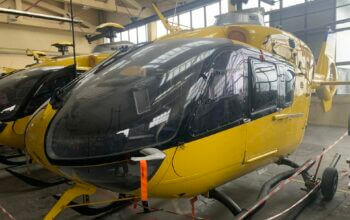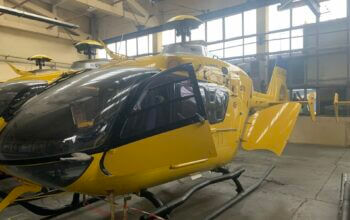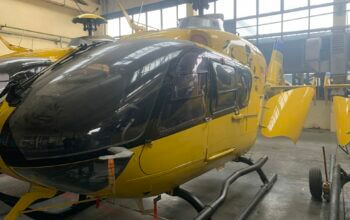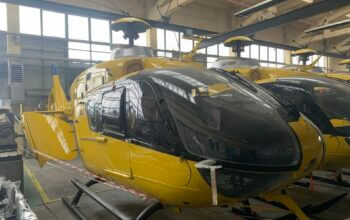Estimated reading time 4 minutes, 19 seconds.
With the federal government already looking at tabling a budget in Parliament early next year, Canada’s largest business communities are pressing for more resources for airports to handle rising passenger and freight loads.
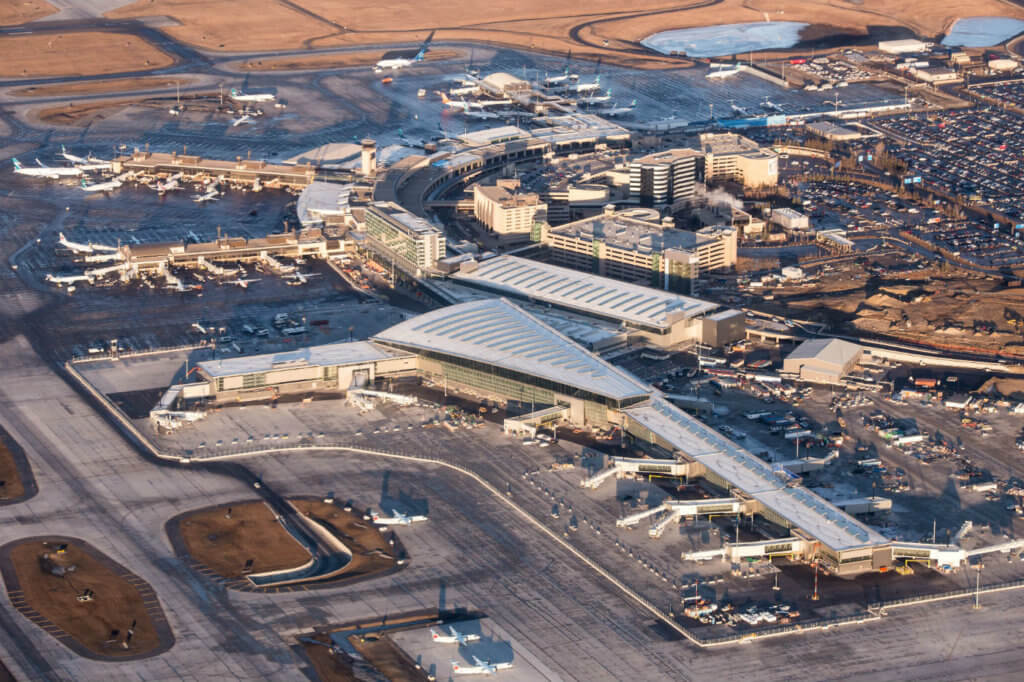
Joining ranks as the Canadian Global Cities Council (CGCC), the chambers of commerce and boards of trade in Brampton, Calgary, Edmonton, Halifax, Toronto, Vancouver, and Winnipeg–with the support of the Canadian Airports Council (CAC)–want the federal government to sharply reduce airport security screening times and to generally cut travel costs.
Pointing out that Canada’s seven busiest airports contribute $59 billion in economic activity and support 272,000 jobs, the CGCC wants more funding for the Canada Border Services Agency and the Canadian Air Transport Security Authority (CATSA) as well as harmonization of Canada’s immigration and “trusted traveller” programs with those of other countries.
“We want to make sure that Canada can be a global transit hub,” said CGCC chair and Calgary Chamber president Adam Legge at an Economic Club of Canada panel discussion in Ottawa on Dec. 8, 2016.
London Heathrow and Hong Kong International screen 95 per cent of passengers within five minutes. Contrast that with CATSA’s estimate that half of passengers arriving in Canada wait longer than 15 minutes–sometimes much longer.
“We can’t say that we’re open for business and then expect people to wait in a three-hour queue,” said Legge.
Canada’s not-for-profit airport authorities have spent billions of dollars on new infrastructure while remitting billions more in federal taxes and handling an ever-increasing flow of passengers and freight. So why, then, are they apparently getting a raw deal from the federal government even as it looks to overhaul the national multi-modal transportation system by 2030?
That question arose during the panel discussion, which included Legge as well as Daniel-Robert Gooch, president of the Canadian Airports Council; Montreal Board of Trade president Michel Leblanc; Greater Toronto Airports Authority CEO Howard Eng; and Kelowna International Airport director Sam Samaddar.
That question set up the panel’s moderator, Canadian Chamber of Commerce president Perrin Beatty, to tout “the importance of Canada’s air transportation system” to the economy.
“Simply put, if Canada’s airports succeed, Canada’s businesses succeed and we all benefit as a result,” he said. “In today’s economy, connectivity is the key and since Canada is distant from all but its trading partners, it’s clear that businesses, investors, shippers and passengers all rely on air travel to plug our economy into the rest of the world.”
Noting that “Canada, fortunately, has a very good aviation infrastructure,” Beatty added that the CAC has “some of the finest airports anywhere in the world” but their competitiveness had been undermined by “patchwork” government decisions. Those include the lack of efficient transit between city cores and most airports and governments’ treatment of airports as cash cows milked for taxes, long-term leases and various other fees.
“It’s important for all of us to pursue a clearer federal vision of the role of the aviation sector in Canada’s economy,” said Beatty.
Montreal’s Leblanc would like to see the CGCC’s proposals adopted within a year. “We’re not reinventing the wheel,” he said. “This should require rather quick deadlines for implementation.”




